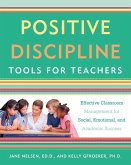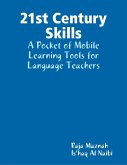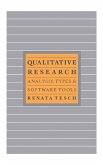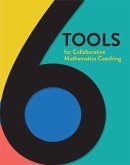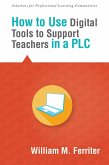When we see a student using a hammer on a screw, our first assumption probably isn't that they hate screwdrivers. We'd probably think they don't have one. Because we understand our students will use whatever tools they have available to meet their needs, we would instinctively ask the obvious question: do you need a screwdriver? Yet often when our students use whatever behavioral tools they have at their disposal in the classroom, if the resulting behavior is as inappropriate as using a hammer on a screw, the default response from schools is based in criminal justice not curiosity. Our children deserve better. They deserve tools that will help them overcome their challenges and, in conjunction with their other courses at school, position them to live choice-filled lives where they can meet the needs of themselves, their loved ones, and their communities. They deserve tools that will lead them toward making better decisions in the classroom and beyond. But before we can provide them with such tools, we must understand why we currently choose to withhold them. Then we need a strategic approach to supporting students in growing both their toolbox and their fluency with the tools in it. This book is a roadmap schools need for that journey.
Dieser Download kann aus rechtlichen Gründen nur mit Rechnungsadresse in A, B, CY, CZ, D, DK, EW, E, FIN, F, GR, H, IRL, I, LT, L, LR, M, NL, PL, P, R, S, SLO, SK ausgeliefert werden.



